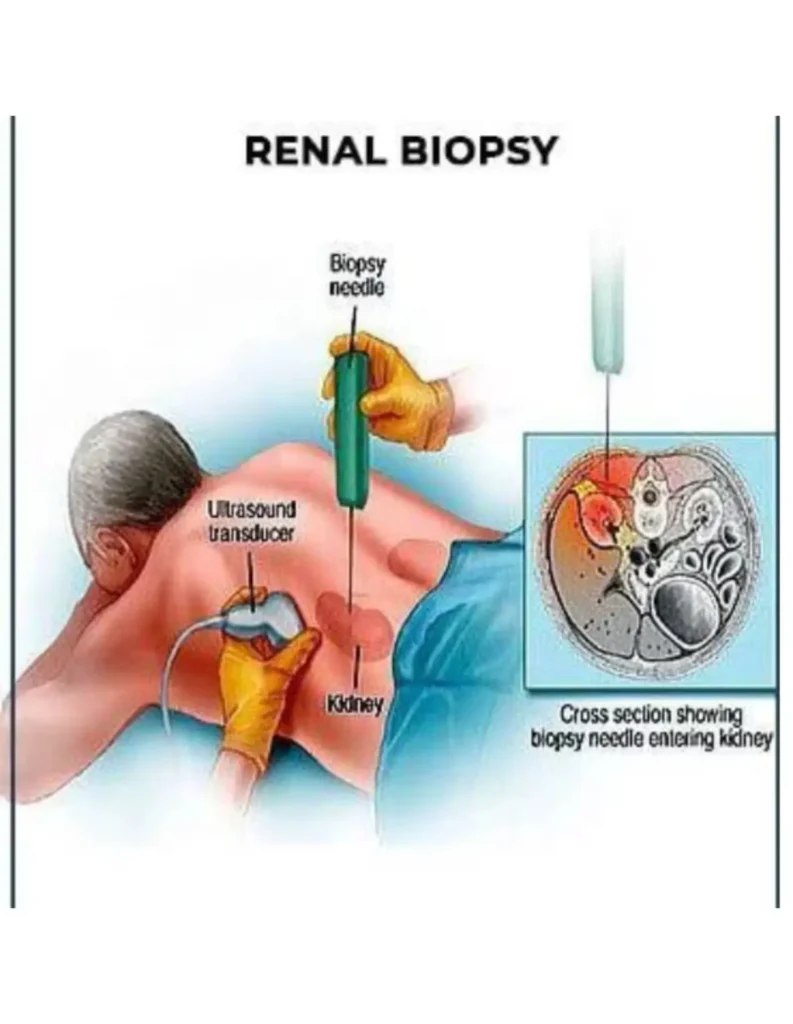
KIDNEY BIOPSY
A Small Step, A Giant Leap for Kidney Health.
A kidney biopsy is a medical procedure in which a small sample of kidney tissue is removed for examination under a microscope. Kidney Biopsy treatment in Ahemadabad. This procedure helps diagnose kidney disorders, assess the extent of kidney disease, and determine the most effective treatment plan. A kidney biopsy is often essential for evaluating unexplained kidney abnormalities, especially in cases where blood and urine tests are inconclusive.
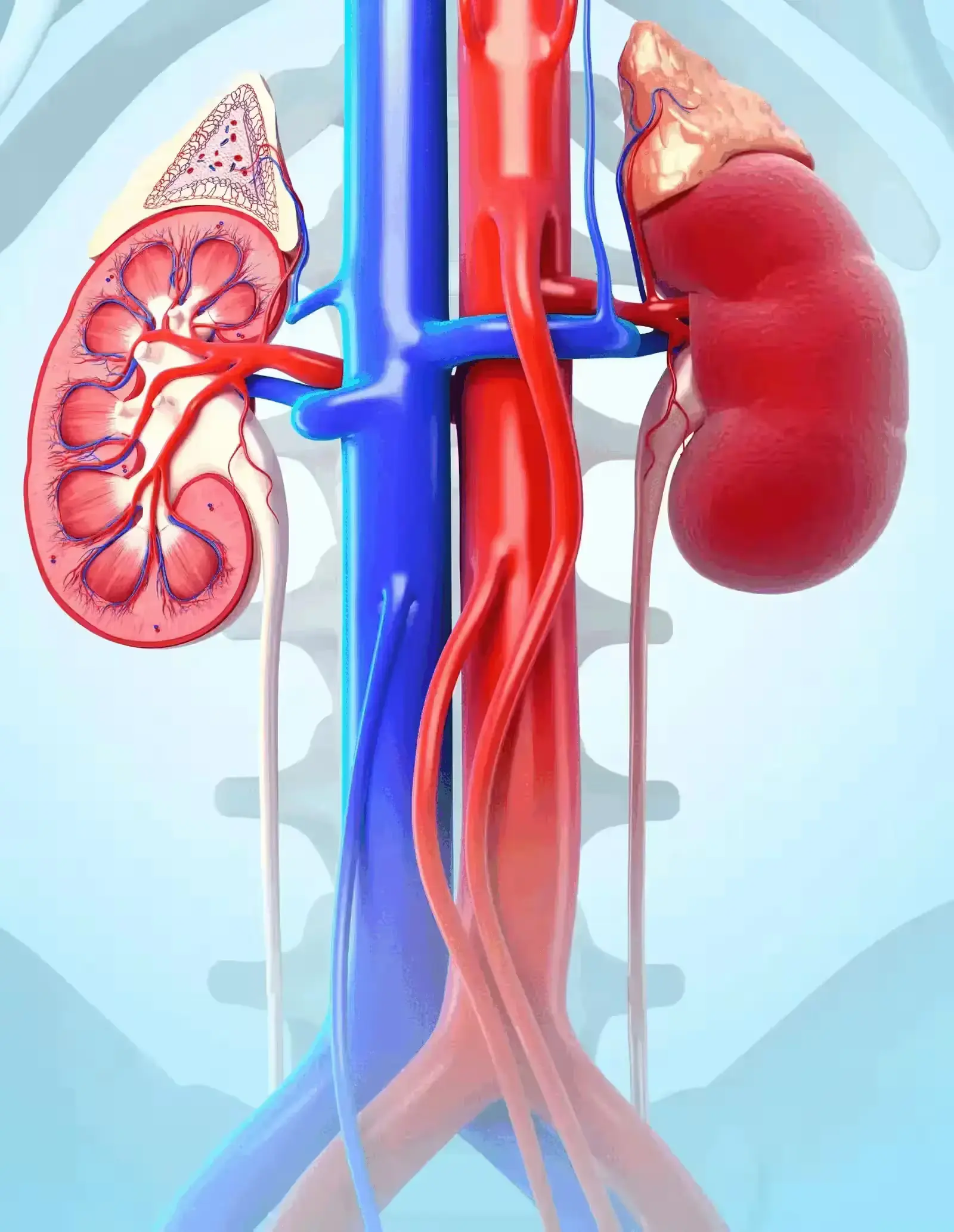
Symptoms
A kidney biopsy may be recommended if a patient exhibits signs or symptoms that suggest kidney disease or damage. Common indications for a biopsy include
Blood in the urine (hematuria)
Protein in urine (proteinuria)
Causes
A kidney biopsy is primarily conducted to:
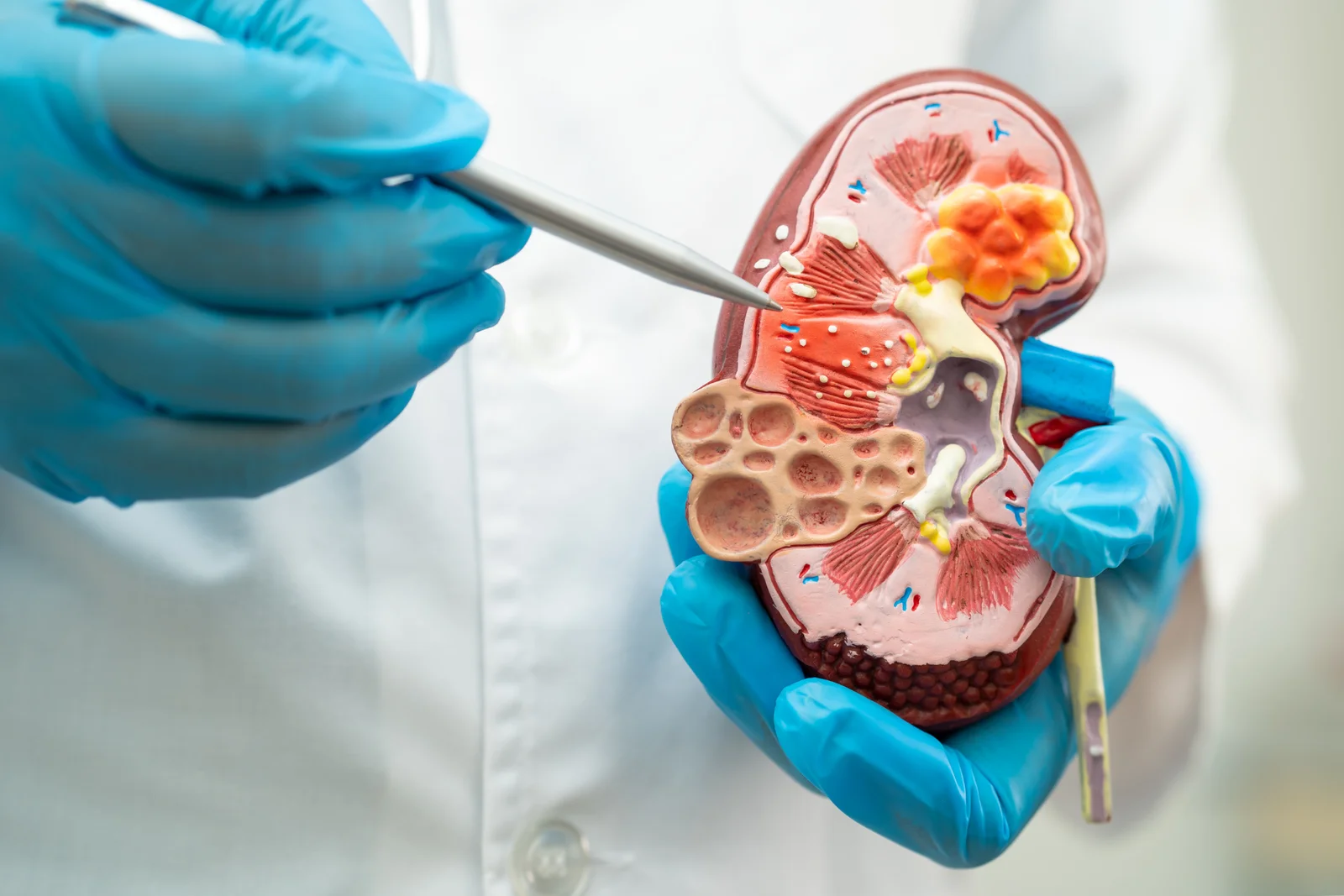

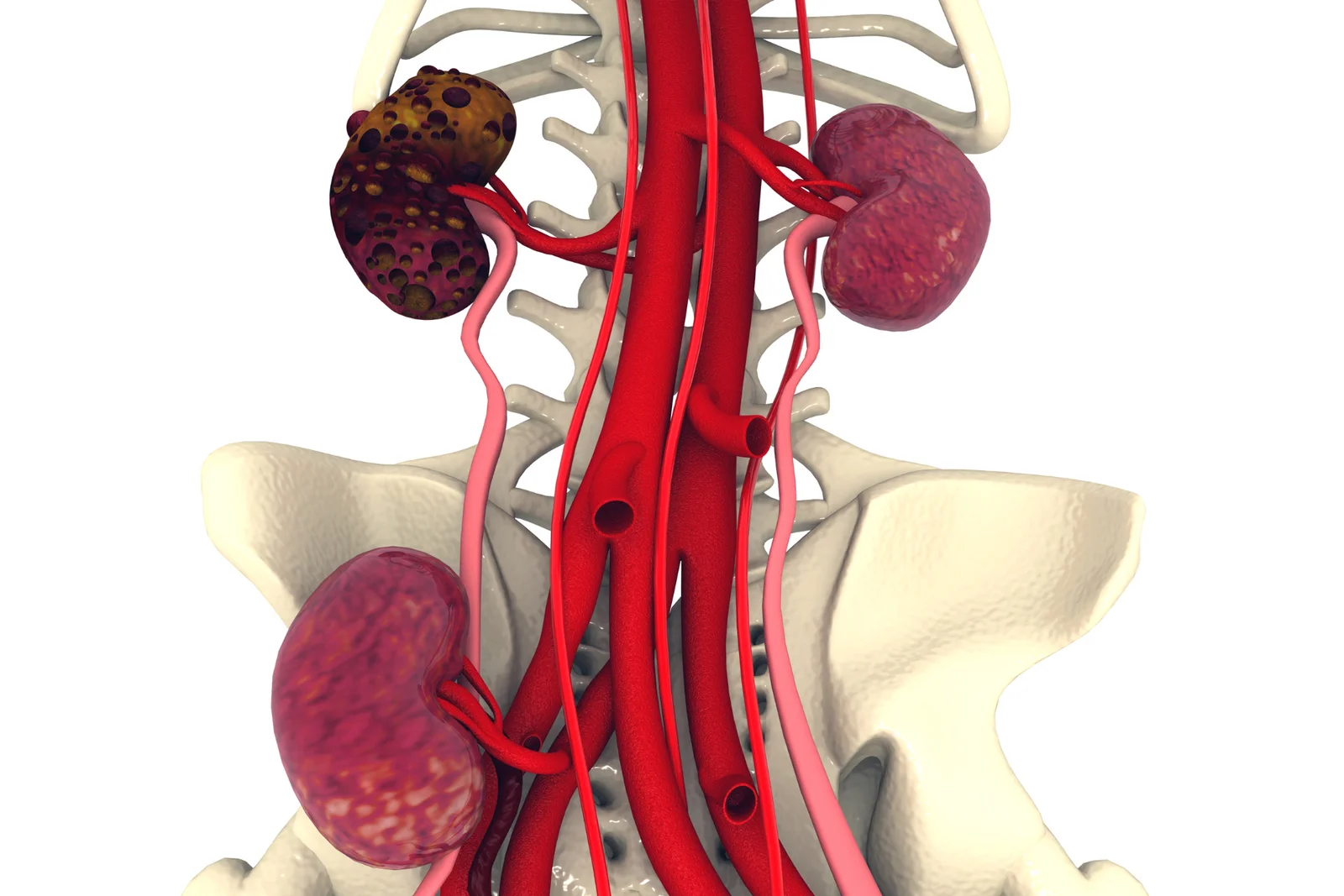
Risk Factors
While kidney biopsies are generally safe, certain factors may increase the risk of complications, including:
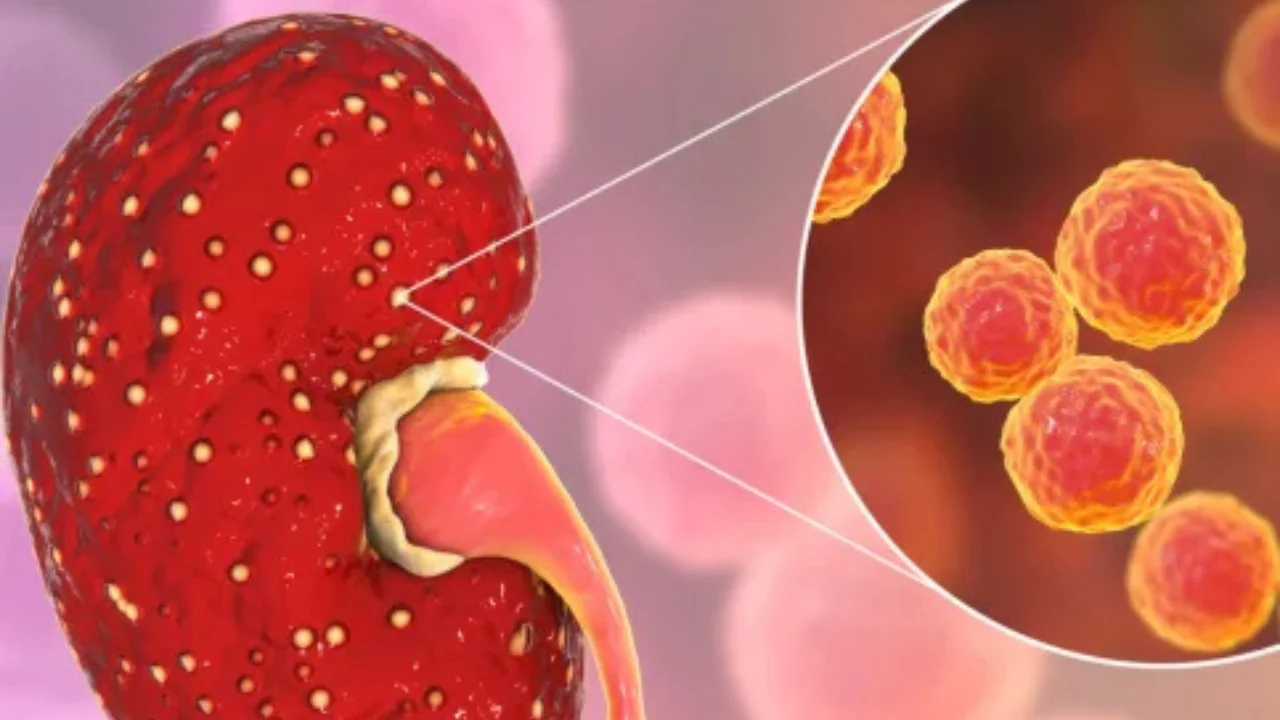
Bleeding Disorders
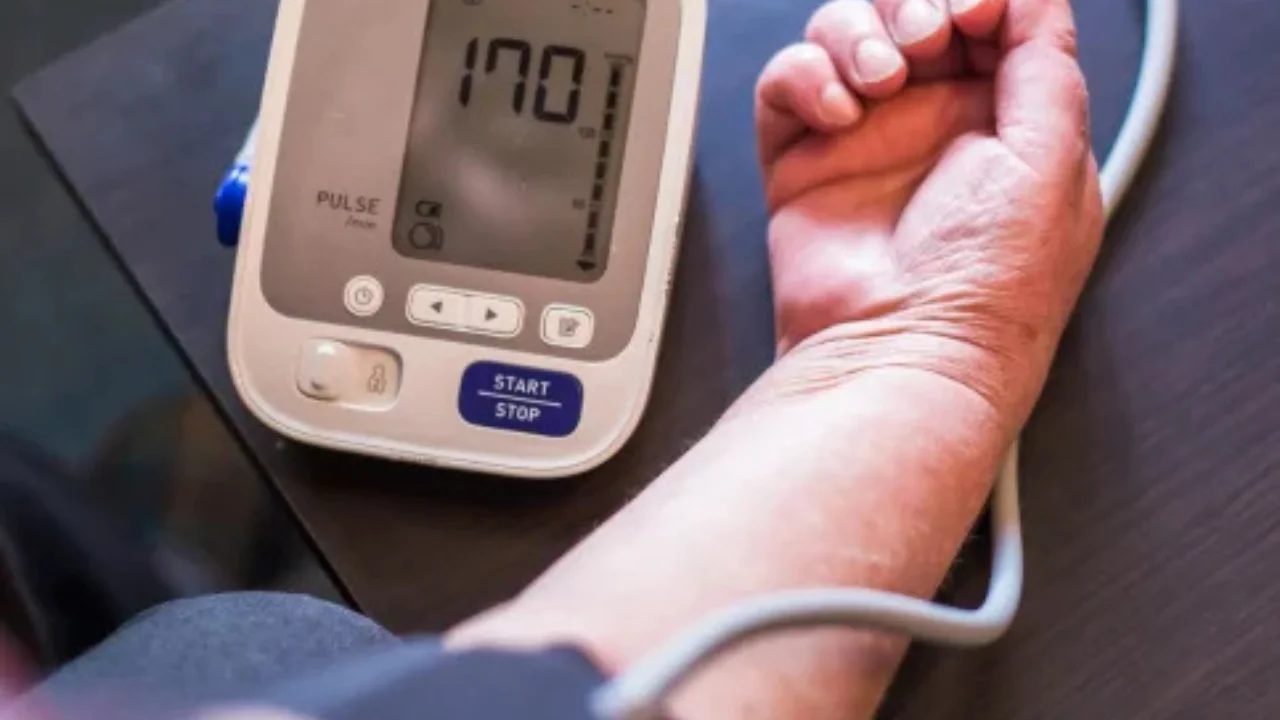
High Blood Pressure
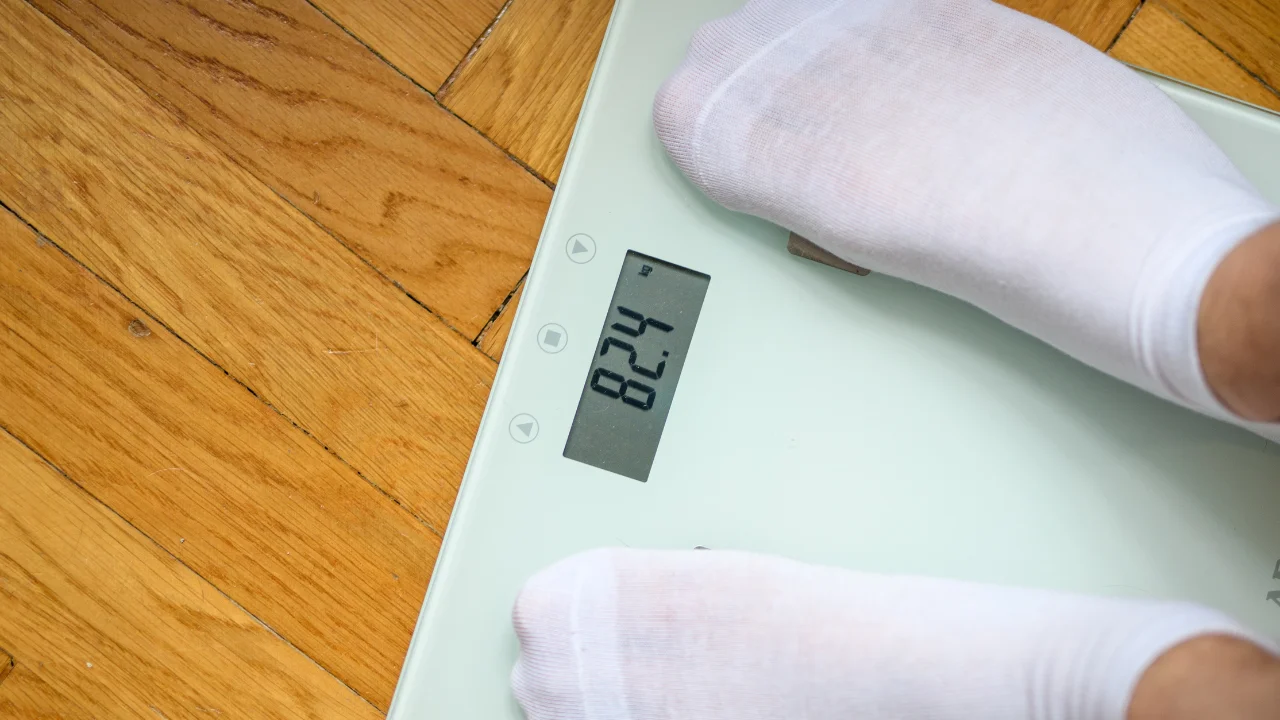
Obesity
Procedure
A kidney biopsy is usually performed as an outpatient procedure under local anesthesia. Kidney Biopsy treatment in Ahemadabad. The patient lies face down (or face up if a transplanted kidney biopsy is needed). Using ultrasound or CT guidance, the doctor inserts a thin needle through the skin to collect a small tissue sample from the kidney

